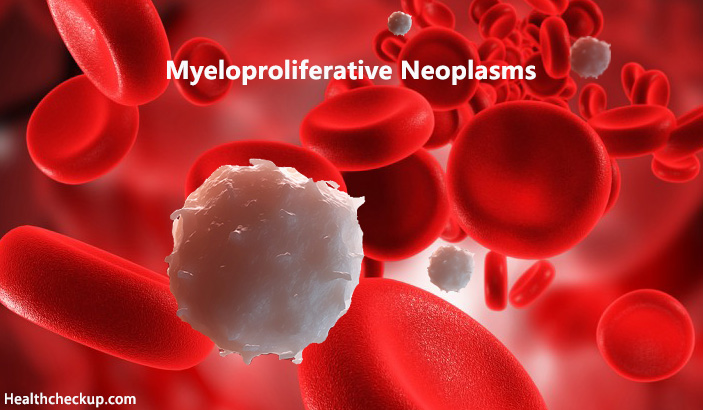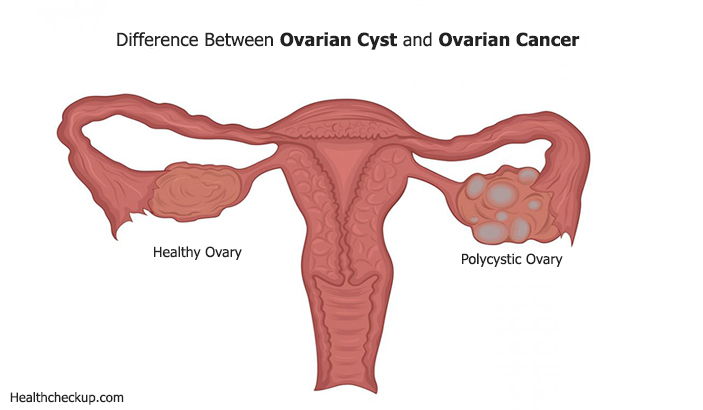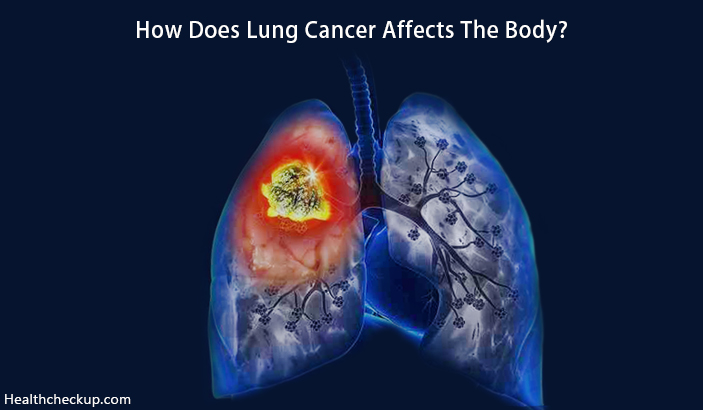A Hematologist called William Dameshek is credited with the first proposal of ‘Myeloproliferative Neoplasms’. His 1951 concept named them as ‘Myeloproliferative Diseases’. WHO (World Health organization) classification names them as ‘Myeloproliferative Neoplasms’. The word ‘Neoplasms’ refers to genetic changes that are a defining characteristic of this disease group.
What is Myeloproliferative Neoplasm?
Myeloproliferative Neoplasms or MPN’s are rare blood cancers. These blood cancers occur when the bone marrow increases production of white or red blood cells. These rare conditions affect individuals mostly for over sixty years.
Myeloproliferative Neoplasms Causes
This rare health condition occurs as a result of a bone marrow disorder. Bone marrow increases the production of either red, white blood cells or platelets. When the stem cell is damaged it starts to produce immature blood cells. The over production of blood cells creates problems with blood flow in the body. Myeloproliferative neoplasms show different symptoms. Doctors often refer to the condition as MPN or Myeloproliferative Disorders.
Myeloproliferative disorders are confirmed through blood tests. Some people may have the symptoms manifest before a health check up. The doctor will ask you to go through a “series” of blood tests. These blood tests include peripheral blood smear test, complete blood count test and blood chemistry test. These tests help your doctor understand the type of your myeloproliferative disorder.
Tests for Myeloproliferative Neoplasms
Diagnostic tests for myloproliferative neoplasms include trephine biopsy. Others tests are based on your bone marrow and red blood cells. A medical professional can guide you in the process of getting medical attention for these disorders. The WHO classification of these disorders puts them into four groups. These groups are;
i. Chronic Myeloid Leukemia (CML)
ii. Essential Thrombocythemia (ET)
iii. Polycythemia Vera (PV)
iv. Primary Myelofibrosis (PMF)
Myeloproliferative Neoplasms Symptoms
MPN may cause severe or mild symptoms that have no effect on your health. Different myeloproliferative disorders show different symptoms. General symptoms of myeloproliferative neoplasms include:
- General Weakness and Dizziness
- Weight Loss
- You will have severe headaches
- There is pressure on the ribs
- Itchy feelings after contact with hot water
- Blind Spots or Double vision
- Night Sweats
- Chest Pain
- Abdominal Pain
Myeloproliferative Neoplasms Complications
Complications of myeloproliferative neoplasms include heart attacks and strokes. This is caused by blood clotting in the arteries. These blood clots block the passage of blood from the heart to the liver or the lungs.
Is Myeloproliferative Disorder Fatal?
The myeloproliferative disorder is fatal if left untreated and transforms to acute leukemia. Myeloproliferative neoplasms life expectancy for individuals varies on the stage of the disease. When the disease is mild, life expectancy depends on the treatment that you can access. Better myeloproliferative neoplasms life expectancy depends on mildness for individuals with the disorder. It is also boosted by proper management of the disorder.
Myeloproliferative Neoplasms Treatment
Your doctor will base your treatment plan according to the type and severity of your disease. Myeloproliferative neoplasms treatment varies from person to person. Your treatment should be geared towards preventing myeloproliferative neoplasms complications.
A healthcare provider will advise you on how to relieve the symptoms. The treatment plan is customized to a personal level. MPN is managed in three different ways. It can be managed through watchful waiting, phlebotomy procedures or through cell-stabilizing medications.
- Watchful Waiting – Watchful waiting is whereby your myeloproliferative neoplasms condition is mild. The disease does not interfere with your usual activities. Your healthcare provider will advise you to take aspirin in order to prevent blood clotting complications. You may require being visiting your doctor on regular basis.
- Cell Stabilizing Medications – Your doctor may recommend certain types of medications to lower the production of blood cells. Hydroxyurea (Hydrea), Anagagrelide (Agrylin) and Interferon-alpha drugs are used to lower production of white blood cells, red blood cells and platelets.
- Phlebotomy – Phlebotomy is a procedure whereby blood is removed from your body. The blood is removed from your body so as to decrease the red blood cells counts. The procedure relieves some symptoms caused by high levels of red blood cells. On individuals with polycythaemia vera, the procedure reduces blood clot complications.
- Transplantation – Transplantation is the only cure for myeloproliferative neoplasms. This procedure involves transplantation of hematopoietic cell. First, the patient is subjected to chemotherapy. Chemotherapy helps to kill the stem cells. When abnormal cells are suppressed then hematopoietic cells help in the production of new cells.
Myeloproliferative Neoplasms Survival Rate
The Myeloproliferative disorders present a number of health complications. Myeloproliferative neoplasms survival rate varies in each case. Individuals with chronic myeloproliferative neoplasms have substantially reduced survival rate. Those with mild myeloproliferative neoplasms have moderately reduced risks.
Myeloproliferative Neoplasms Risk Factors
Scientists have not determined the exact cause of chronic myeloproliferative neoplasms. However, elements such as heavy metals, mercury, and pesticides are thought to be risk factors. These elements destabilize the stem cells, leading to myeloproliferative neoplasms. Having other health problems is a predisposing factor for myeloproliferative neoplasms.
Medically Reviewed By

Professionally, a trained Microbiologist and Plant operator, Eustace is an experienced health content writer who is passionate about helping people lead a healthy life.








